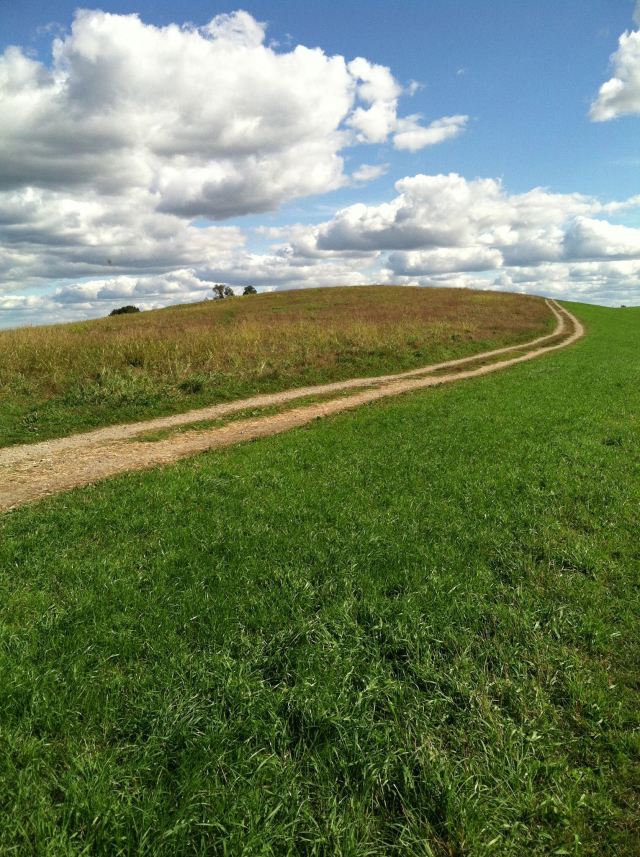“I’m sorry” Molly said as the LOWES cashier flipped the large box she’d just plopped down at the register, UPC code facing down. Only moments earlier my daughter said sorry to a guy in Appliances when they almost bumped into each other. He was coming at her as fast as she was him so no ‘fault’ was involved. Molly’s not a pushover, just polite. But hearing her say ‘sorry’ twice within 5 minutes set off an alarm bell in my head so I said, to her “Please don’t be a woman who apologizes for everything.” The cashier, a young woman about Molly’s age, piped in that she also says sorry too much. We laughed and joked how of course men don’t do this, not like we do.
According to this study “…it’s not that men are reluctant to admit wrongdoing, the study shows. It’s just that they have a higher threshold for what they think warrants reparation.”
Eh. I don’t know about that. I think it’s deeper and not about ‘thresholds’ and reparations, more like a reflex. Where the hell does this come from? Why are we ‘sorry’? If anything, us gals have some apologies due us for a litany of insults and injustices, don’t you think? (Donald??)
In a fantastic, funny-but-true Amy Schumer skit of a few months ago, a panel of extraordinarily accomplished women apologize non-stop. (Watch _’Inside Amy Schumer’_ I’m Sorry_ at New York Magazine) In June there was this piece on the Opinion Pages of the New York Times. Do a search of “Women apologizing” and you’ll turn up plenty more.
I’ve been paying attention to when I’m apt to say ‘sorry’ and to whether I am indeed sorry. I’m afraid I often use it passive aggressively. ‘Sorry, but I just can’t…’ while flouncing around and washing dishes someone else’s dishes. That sort of not very nice thing. (I can be such a bitch)
As Sloane Croasley wrote in the New York Times piece linked above, “It’s not what we’re saying that’s the problem, it’s what we’re not saying. The sorrys are taking up airtime that should be used for making logical, declarative statements, expressing opinions and relaying accurate impressions of what we want.”
But what about when we actually want to ask someone’s forgiveness?
When we fuck up, there’s a right way and a wrong way to apologize. And I’m not talking about putting the box down so the UPC is hard to reach or because we are about to collide with someone or because we need to complain about service or our food or someone else’s mistake. I mean when we’ve been unkind, rude or said something we shouldn’t. When we’ve done wrong.
When apologizing for real, don’t say sorry and then try and expand and explain ABC because of XYZ (i.e. the Brian Williams apology) That doesn’t count. Sorry-not-sorry sucks. Rather than owning lousy behavior this says: I’m really right.
Of course there’s no guarantee we’ll be forgiven but just asking for it can make us feel better as long as we do it sincerely. For me, this requires letting go of my righteousness, stepping into the shoes of the person I’ve hurt. From this place, it’s easier to move on from the anger of conflict to peace. Hopefully, (if you have a sweet child like I do) the aggrieved can do the same. Molly had to call me on my XYZing a few times (you know us Mothers are always right) before I realized how lame an apology I was delivering. It doesn’t work.
And sometimes, the best apology and most beautiful flowers in the world won’t work either. Just because someone asks us to forgive them does not mean that we must. Anyone who has lived with a drug or alcohol abuser knows the hollowness of a too often repeated apology. Proof is sometimes the only way towards healing and forgiveness. Sorry.
How many times a day do you say sorry?




















